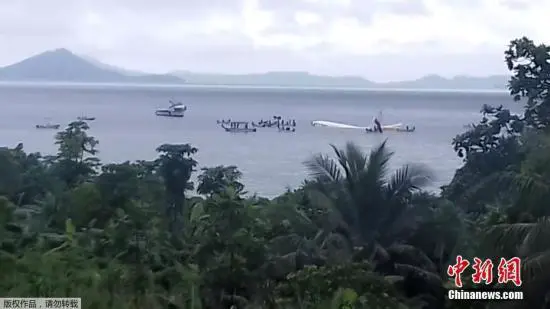By APD Commentator Wang Peng
There are almost two months since the Indian army invaded Doklam, an undisputed sovereign land belongs to China according to the 1890 Sino-British Treaty of India and India Treaty, which have been accepted by both China and India since 1950s.
Now the tough confrontation is still suffering the soldiers and people of both countries while there is no sign of a (peaceful) resolution between Beijing and New Delhi. At the level of grassroots and public opinion, rising hostile nationalism left both Chinese and Indian netizens to thirst for a war to demonstrate their country’s greatness or scour away the shame of 1962 defeat.
Without exaggeration, the Dragon and Elephant are on the brink of war at the summit of Himalaya.
However, any experts on security studies or international relations would know clearly that a war between China and India, the two nuclear great powers with more than one billion population respectively, will cause huge irreplaceable losses to both countries, as well as the world. Can we find another approach beyond the war or surrendering to defend the sovereignty and territorial integrity, as well as a regional peace? In the author’s view, perhaps “Military Operations Other Than War” (MOOTW) is an available option.
The MOOTW focuses on deterring war, resolving conflict, promoting peace, and supporting civil authorities in response to domestic crises. The phrase and acronym was coined by the United States military during the 1990s, but it has since fallen out of use. The UK military has crafted an equivalent or alternate term “peace support operations” (PSO). Both MOOTW and PSO encompass peacekeeping, peacemaking, peace enforcement and peace building.
In accordance with the definition and descriptions made by Joint Pub 3-07 Joint Doctrine for Military Operations Other Than War, both Indian and Chinese armies are using MOOTW, such as Indian soldiers’ armed illegal entry, China’s August 1st military parade, as a “showing off strength and determination”.
Now China has potential to enlarge the strategic benefits of MOOTW, if it can focus on the major strategic target of its operations – strengthening its military presence, logistic support and regional deterrence in Doklam region, rather than defeating Indians by force. In one word, in this case, “land” (controlling the geopolitical pivot of Doklam) is much more important than the “people” (destroying the invaders). China should bear it in mind.
In this vein, China may achieve two goals (peace keeping and legal rights protection) by utilizing MOOTW in a smart way.
First, China must show the survivability and valid capability of nuclear retaliation (second-strike) of its strategic missile troops, as well as the nuclear submarines, in order to deter any opportunistic behavior of New Delhi.
Second, send more troops and construction workers to Doklam. Their number must be three to five times than that of the Indian army. These soldiers and workers are not coming for battle. The soldiers will not use guns or rockets to defeat Indians, but come to blows fight scuffle by physical confrontations. Injuries are difficult to avoid, but deaths of soldiers of both troops must be strictly controlled and minimized. Their major task is to drive off Indian soldiers out of the region and prevent them from interfering our workers’ construction of roads and watch houses.
At the same time, another outnumbered Chinese army with full armament and “always ready on call” must be deployed around Doklam to deter any unforeseen circumstances.
In this way, China may expel the Indian intruders by muscles and physical confrontations, rather than by bulletins, missiles or even nuclear bombing. When the new infrastructure constructions are ready, small groups of enemies in Doklam will no longer be a problem. They do not matter on either the sovereignty jurisdiction or our geo-political strategic advantages in this theatre.
Thus, our national interest, sovereignty and territorial integrity will be protected without war or bleeding. Finally, the hard-earned peace of Himalaya can be maintained and sustained in a dignified way.
Dr. Wang Peng, Research Fellow at the Charhar Institute and Lecturer at the China Institute of Fudan University, researcher of APD institute.
(ASIA PACIFIC DAILY)
 简体中文
简体中文

